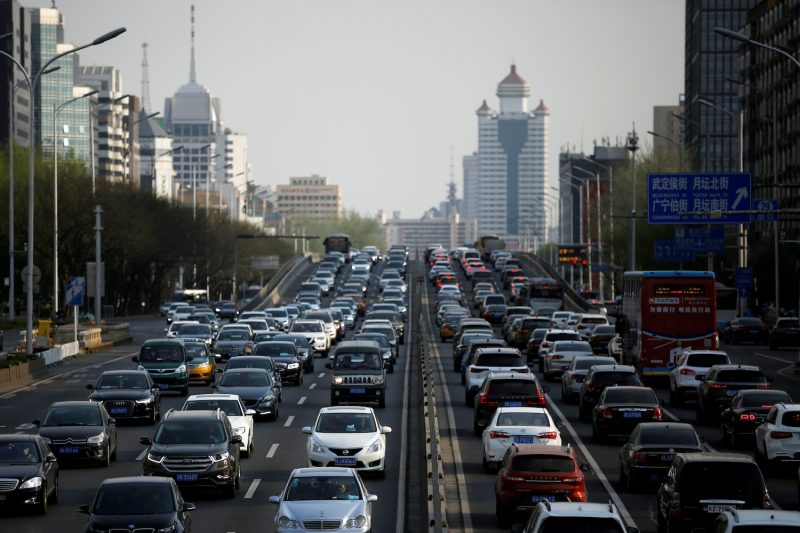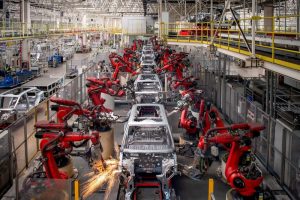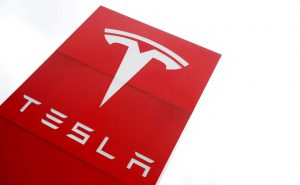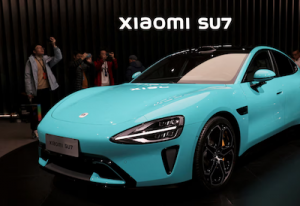China is looking to extend a tax exemption for new electric vehicles (EVs) as part of efforts to encourage car purchases, the Ministry of Commerce said on Thursday.
The ministry also unveiled measures to encourage trade-ins of older vehicles and support the second-hand market.
Last month, Beijing said it was in talks with Chinese EV makers about extending costly subsidies that were set to expire in 2022, aiming to keep a key market growing as the broader economy slows.
The moves come as the world’s second-biggest economy has slowed sharply – and automotive sales along with it – as the country attempts to recover from Covid-19 lockdowns imposed in Shanghai, Beijing and other cities.
Stimulus Packages To Boost Car Demand
Chinese central and local governments recently announced a series of automotive consumption stimulus packages to boost car demand, including a cut in the vehicle purchase tax to 5% from 10%, effective from June to December 2022.
The incremental tax exemptions cover a wider range of internal-combustion-engine vehicles (ICEVs) than the previous round of tax rebates in 2015-2017.
About 90% of ICEVs would be eligible for tax exemptions given the criteria of two-litre or below engine displacement and selling prices of less than 300,000 yuan.
Five out of seven Chinese cities with licence plate caps for ICEVs – Guangzhou, Shenzhen, Shanghai, Hangzhou and Tianjin – have in aggregate increased 2022 quotas by 165,000.
- Reuters, with additional editing by George Russell
READ MORE:
Chinese Electric Car Maker Nio’s Shares Plunge on Short Seller Report
Sony, Honda Joint Venture to Roll Out Electric Cars by 2025
Toyota Defends Electric Vehicle Strategy Ahead of AGM
























